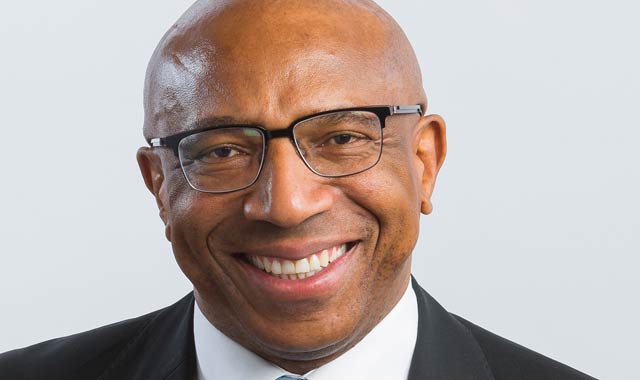
Your Internet service provider (ISP) could soon be providing more than just your broadband digital subscriber line (DSL) service. Telkom has revealed that it will soon offer not only wholesale DSL services to ISPs, but voice services, too.
In an interview with TechCentral on Monday, Telkom CEO Sipho Maseko said that voice “will no longer be an exclusive Telkom product”.
Through its newly created wholesale division, Openserve, Telkom will be able to offer other ISPs the ability to sell voice and data as one product offering. And consumers will no longer have to apply for a line at Telkom to get, say, an account with MWeb, Maseko said.
As part of a restructuring plan, Telkom has moved accounting for the access-line deficit — the accumulated money Telkom loses for every line in service before selling additional services — under Openserve.
The idea is that Openserve will now maximise monetisation of the access lines that are available through its partners, which include ISPs.
“The wholesale guys will bundle voice and data and sell it as a product to ISPs. The condition of having a line from [Telkom] retail falls away altogether,” Maseko said.
He denied a suggestion that this was a move to so-called “naked DSL”, which entails a standalone broadband service without the cost of an associated dial tone.
Consumers have long complained about having to pay an analogue line rental fee in addition to a DSL subscription fee for fixed-line broadband access when they don’t require a dial tone.
“What we are saying is that Telkom has been a constraint in terms of how we can leverage fixed voice as part of data,” Maseko explained. “We will have a new wholesale product that has both voice and data.”
What about Telkom offering mobile voice and data on a wholesale basis, too?
“It’s an option. We have looked at it,” Maseko said. “At some point we will get to mobile as well.”
He said that one of Telkom’s next projects is to use a portion of the ample spectrum it has exclusive access to in the 2,3GHz spectrum for offering fixed local access over wireless.
The plan is to decommission 400 exchanges in the next three years and to use mobile technology to serve customers in those areas. “We can also drive deeper broadband penetration through leveraging the spectrum harder,” Maseko said.
In its annual financial results, published on Monday, Telkom revealed that the number of fixed lines in service had continued a 15-year-long decline in the year to 31 March 2016, falling by 6,5% in the past 12 months to just 3,2m. At the peak, at the turn of the century, Telkom had 5,5m lines in service — more than 50% above the current number.
But Maseko sought to play down the decline, saying the focus now is less on pure line rental revenue and more on driving growth from value-added services.
Telkom is offsetting the decline in the traditional voice business by focusing on other growth opportunities, including data and business services. — (c) 2016 NewsCentral Media




